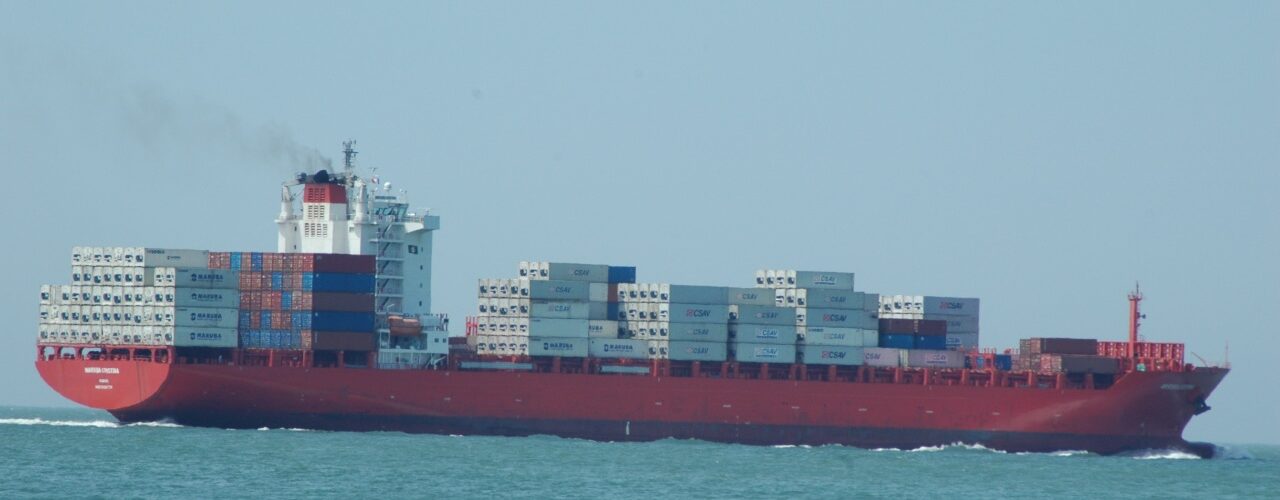Ships trading in designated emission control areas are now required to use on board fuel oil with a sulphur content of no more than 0.10%, under regulation that came into force on 1 January 2015.

The new limit for sulphur content comes under Annex VI of the International Convention for the Prevention of Pollution form ships (MARPOL), specifically regulation 14, which covers emissions of Sulphur Oxides (SOx) and particulate matter from ships. These requirements were adopted in October 2008 by consensus and entered into force in July 2010.
The emission control areas established under MARPOL Annex VI for SOx are: the Baltic Sea area; the North Sea area; the North American area (covering designated coastal areas off the United States and Canada); and the United States Caribbean Sea area (around Puerto Rico and the United States Virgin Islands).
Outside these areas, the current limit for sulphur content of fuel oil is 3.50%, falling to 0.50% m/m on and after 1 January 2020 – although this date is subject to review and could be deferred to 2025.
Image: Isamiga76/Flickr https://www.flickr.com/photos/33852840@N06/3658331122















